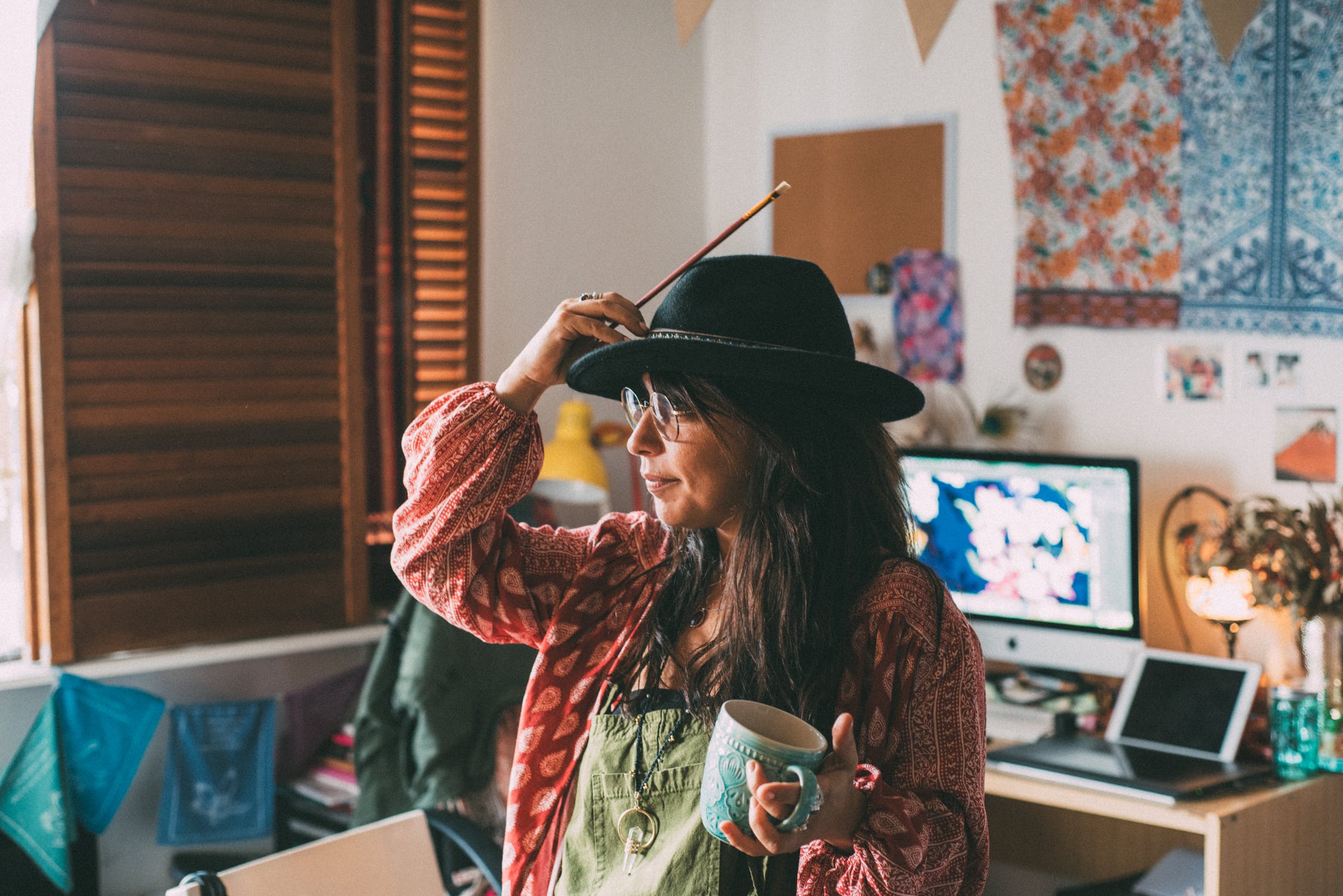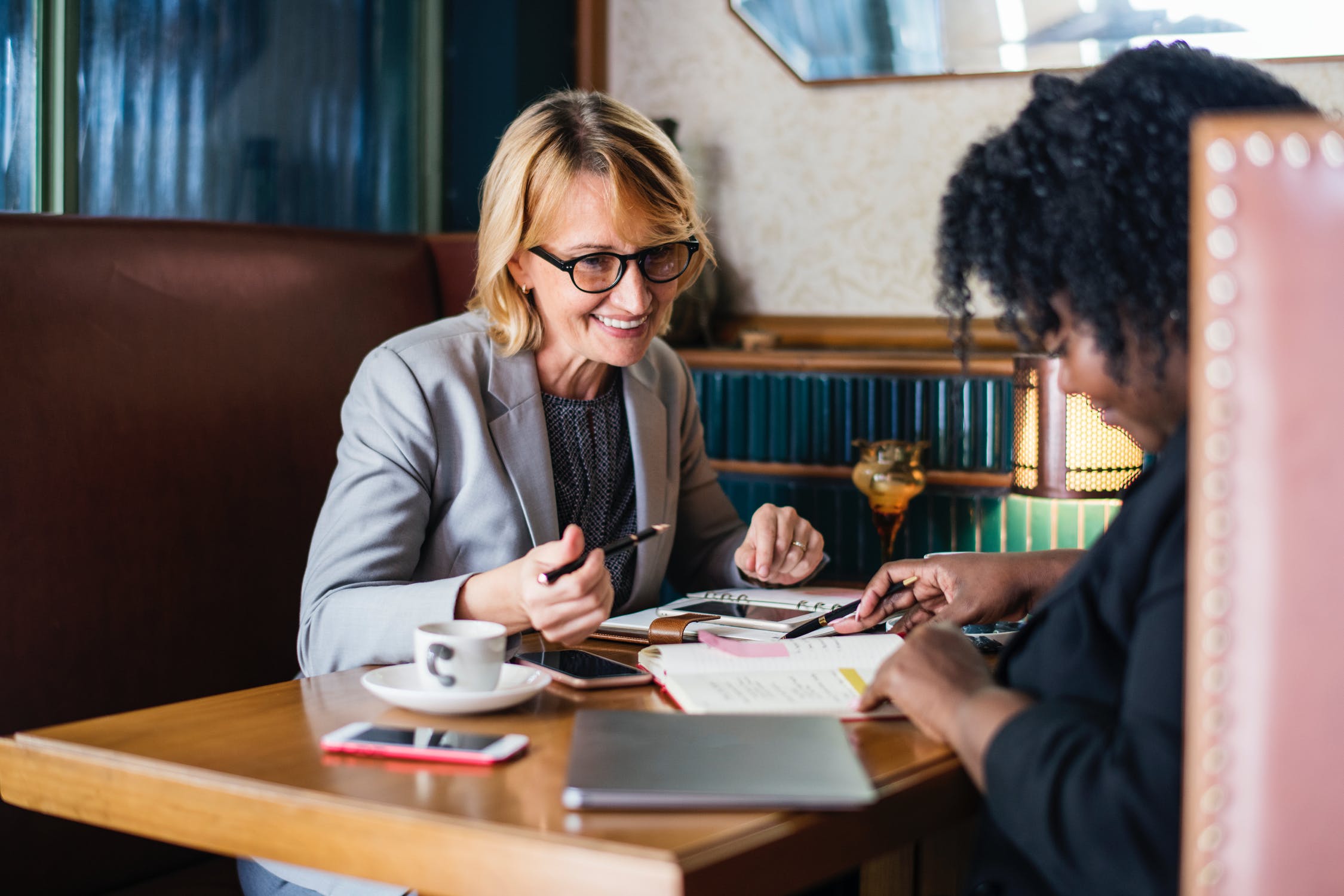Event Planning vs. Experience Design: What’s the Difference?
Events are typically bigger than a single party. Every interaction guests have with the experience is part of the event, from the moment they learn about it to the conversations they have with their friends after it.
Wedding planners have known this for ages. The bachelor and bachelorette parties are part of the wedding experience. So is the rehearsal dinner, bridal party, and invitations. Top of the line wedding planners will even manage Facebook groups with custom photography to help create a comprehensive and seamless experience.
No one wants to host a forgettable event. If you want to create the best possible experience for your guests, you need to enlist the help of two powerful disciplines: Experience design and event planning. These tools will help you create something memorable that people talk about for years.
If you want to host an unforgettable event, you’ll need two powerful disciplines: Experience design and event planning. Click To TweetYou’ve surely heard of event planning, but how does experience design fit in to the event process? In this article, we’ll dive into both tools and how they work together.
What Is Experience Design?

Have you ever been to an event that didn’t seem finished? Everything ran smoothly, but the vibe just felt empty. There wasn’t a clear plan for what you should do, see, and enjoy. Maybe there was a hiccup at some point (like a lack of transportation or trouble finding the right room) that didn’t ruin the event but made you feel out of place.
Events like those suffer from a lack of experience design, which is the practice of creating the aesthetic vision of the event. An experience designer takes a big picture view of the entire event to create a comprehensive experience.
A good designer will look at every facet of the guests’ interaction with the event to create something that’s bigger than the sum of its parts. They plan every element from the first Facebook post guests see to the gift bag they take on their way out.
The designer’s role is critical because someone has to manage the countless interlocking pieces of the planning process. They coordinate all of the elements to make sure they all serve the event’s vision. They design lighting, layout, and music to create a certain mood. They keep speakers on topic and arrange displays, signage, and exhibits that serve the event’s purpose.
Experience designers are creative. This is their most important quality. They focus on the artistic elements of an event – like colors, decor, food, and entertainment. This requires an understanding of interior design, photography, group dynamics, and psychology.
This may seem like another layer in the event planning process, but an experience designer actually gives the planners freedom to focus on the details. Planners don’t have to worry about the signage branding, the table setting colors, or the menu cohesion. Instead, they can focus on the logistics, like setup and crowd management.
An Example of Experience Design
Imagine you’re hosting an event for tech people. They have high expectations for technology and they aren’t impressed by simple online forms or digital signs.
Good experience design would be to bake technology into every level of the event. You might distribute information through a custom event app, include wearable tech in their wristbands, or setup iBeacons throughout your event space.
These kind of features would be more impactful than, say, a waterfall in the lobby or a chocolate fountain at lunch. The experience designer would make sure that the event impresses the guests and meets the host’s needs.
Some Tasks an Experience Designer Might Perform
- Meeting with clients or leaders to learn about their goals and preferences.
- Developing branding and style guidelines.
- Mapping out the layout of the event space.
- Developing an image/ambiance/vibe/theme guide for the planners.
- Selecting specific elements, such as food/drinks, decor, music, furnishings, etc.
- Meeting and planning with speakers, presenters, or entertainment.
- Hunting for new trends and ideas.
- Building past feedback into the event.
- Measuring the effectiveness of the event and whether it met the client’s goals.
What Is Event Planning?

They say designers make events memorable, but planners are the ones who make events happen at all. Event planning is the practice of managing the logistics of running an event. An event planner’s job is to turn the event’s design into something tangible.
Event planners handle all of the details, like making sure the vendors get paid, organizing registration data, and supporting any of your VIPs. They coordinate schedules so everyone is where they need to be before, during, and after the event.
Planners find and coordinate with the vendors. They maintain a large contact list of quality vendors and service providers so they always have the right tools to execute the designer’s plan. Event planners also make sure those vendors show up for event day and provide the proper services.
Event planners also manage the event operations. They’re on the floor during the event, overseeing check-in, solving problems, mingling with guests, and keeping things running smoothly. They manage the people who work the event. They coordinate with paid staff and volunteers, put people in the right roles, and train them to create the right experience.
Most importantly, event planners manage the event budget. It’s their job to purchase goods and services that meet the designer’s vision without overspending.
Some Tasks an Event Planner Might Perform
- Hiring staff and enlisting volunteers.
- Taking bids from vendors and ultimately signing them on.
- Securing transportation for everyone.
- Creating an event timeline.
- Supervising setup and break down.
- Selling sponsorship packages and keeping them happy.
- Coordinating with the venue.
- Establishing the registration process.
- Overseeing the marketing.
- Monitoring the event’s operations.
- Troubleshooting logistical problems.
How They Work Together
The event planner and experience designer will both need ample time with the client to ask questions and gather feedback to design and execute their portions of the event. And they’ll need to work together throughout the planning process to make sure the vision is right for the audience and that the event’s elements match the vision.
Experience design and event planning are not opposing roles. These players must work closely together to host a successful event that meets their clients’ needs. In fact, in many cases, the same person fills both roles, especially for smaller events.
So who’s in charge? That isn’t a simple question. It depends on the makeup of the events team. In some cases, the designer leads the process by creating a guidebook that the planners execute. The planners go off and build an event that meets the designer’s criteria.
In other cases, designers aren’t part of the event planning team. They are hired as vendors by the planners, just like catering or entertainment. The planner may give the designer free rein to create something totally original, or the planner may instruct the designer to operate in a narrow lane.
Going Forward
The days of inviting people to a conference hall to hear a lecture are over. Event attendees want robust, detailed experiences that keep them engaged and connect with them emotionally. Your goal is to make your guests walk away with memories of their experience.
These kinds of events require a holistic approach to event planning that come from the hard work of both event planners and experience designers. If you hire both types of professionals for your team, you’ll create impactful events that people talk about for years.
